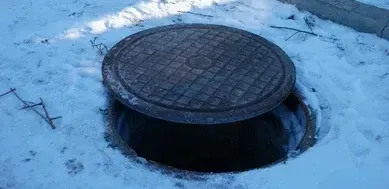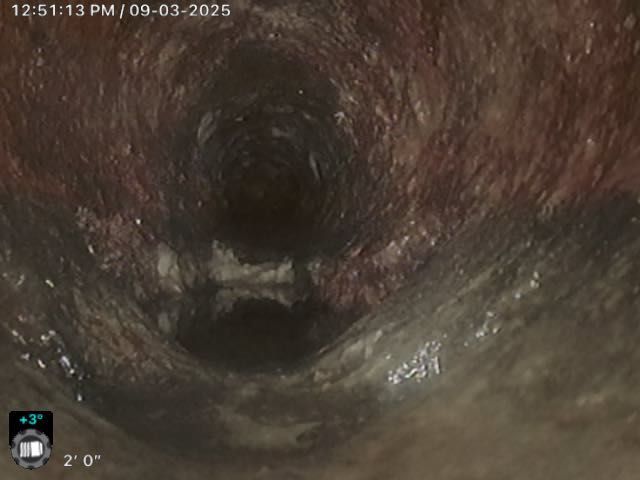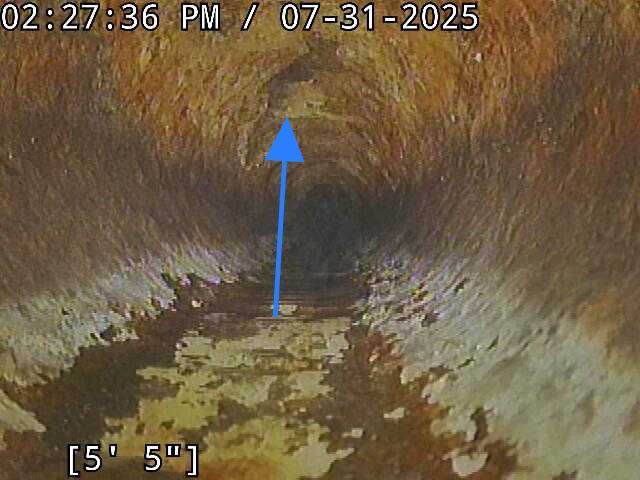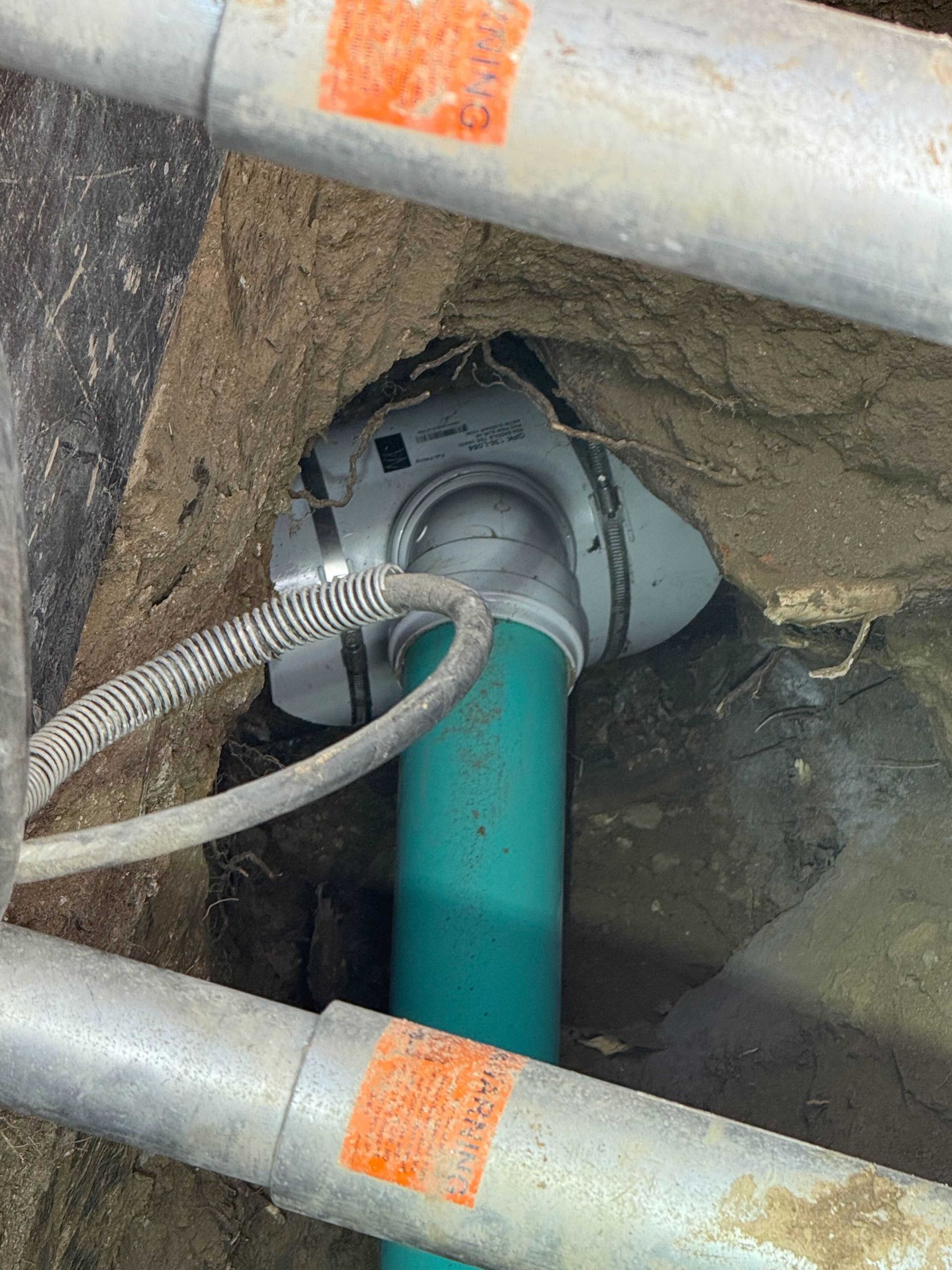
Seasonal Sewer Maintenance Tips to Keep Your System Running Smoothly
Introduction
Maintaining your sewer system is crucial for the overall health of your home and to prevent unexpected and costly repairs. Each season presents unique challenges for sewer systems, from heavy rainfall in spring to freezing temperatures in winter. By taking proactive measures and staying vigilant throughout the year, you can extend the life of your sewer infrastructure and minimize the risk of disruptions. Here’s a comprehensive guide to seasonal sewer maintenance tips:
Spring
As the weather warms up and snow melts, spring brings an increase in rainfall, which can put a strain on your sewer system. Here’s how to prepare your sewer system for the season:
- Inspect Downspouts and Gutters: Ensure downspouts and gutters are clear of debris to prevent water from backing up into your home or overwhelming your sewer system.
- Check for Tree Root Intrusion: Spring growth can lead to invasive roots infiltrating sewer lines, causing blockages and damage. Consider scheduling a professional inspection to identify and address any root intrusion early.
- Schedule a Professional Inspection: A thorough inspection after winter can uncover any damage or blockages that may have occurred during the colder months. This proactive step can prevent potential backups and costly repairs later on.
Summer
Summer is an ideal time for preventative maintenance and addressing any issues before they escalate:
- Monitor Water Usage: Be mindful of excessive water usage, which can strain your sewer system. Fixing leaks and being aware of water-intensive activities can help maintain system efficiency.
- Inspect Septic Tanks (if applicable): For homes with septic systems, have your tank inspected and pumped if needed to prevent backups and ensure proper functioning throughout the year.
- Check for Leaks: Inspect faucets, toilets, and outdoor pipes for leaks. Repairing leaks promptly can prevent water damage and reduce strain on your sewer system.
Fall
As temperatures begin to cool, it’s time to prepare your sewer system for the upcoming winter months:
- Clean Drains: Remove leaves and debris from drains and gutters to prevent blockages that could lead to backups or flooding during heavy fall rains.
- Inspect Sewer Vents: Ensure sewer vents are clear of debris, leaves, or other obstructions. Blocked vents can cause sewer gases to build up inside your home, creating unpleasant odors and potentially harmful conditions.
- Consider a Professional Inspection: Fall is an excellent time to schedule a comprehensive sewer inspection before the harsh winter weather sets in. Identifying and addressing any issues now can prevent emergencies later.
Winter
Winter can be particularly challenging for sewer systems due to freezing temperatures and increased precipitation:
- Prevent Freezing: Keep your home heated to prevent pipes from freezing and bursting. Insulate exposed pipes and consider using heat tape or other methods to protect against freezing.
- Avoid Pouring Grease: Dispose of cooking grease properly instead of pouring it down drains. Grease can solidify in pipes, causing blockages and backups.
- Be Cautious with Snow Removal: When clearing snow from driveways and walkways, avoid piling snow near sewer vents or cleanouts. This prevents obstruction and ensures proper ventilation for your sewer system.
Seasonal Sewer Repair
For residents in the Denver area seeking reliable sewer inspection and maintenance services, Denver Sewer Experts is your trusted partner. Our team of experienced professionals utilizes advanced technology and techniques to ensure your sewer system operates efficiently year-round. Whether you’re preparing for a new season or dealing with an unexpected issue, our prompt and thorough service guarantees peace of mind.
Contact Denver Sewer Experts today at (720) 364-4891 to schedule your next sewer inspection. Our commitment to excellence ensures that your sewer system remains in optimal condition, protecting your home and investment against sewer-related issues.
By following these seasonal sewer maintenance tips and partnering with Denver Sewer Experts, you can proactively care for your sewer system throughout the year. Take the necessary steps to safeguard your home and avoid costly repairs by scheduling a professional inspection today.
Nathan Fairchild
CEO, Denver Sewer Experts
Website:
denversewerpros.com
Email: admin@denversewerpros.com
Phone: (720) 364-4891
You might also like


